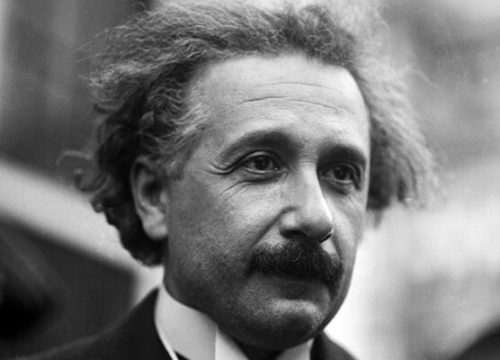John Steinbeck is one of America’s most renowned writers, famous for works such as “The Grapes of Wrath” and “Of Mice and Men.” While he is best known for his portrayals of the struggles of working-class people, he also had strong views on war and its impact on humanity. One of his most famous quotes on the subject is “All war is a symptom of man’s failure as a thinking animal.”
Let’s explore Steinbeck’s views on war and what he meant by this powerful statement.
Steinbeck was born in 1902 and lived through two World Wars and the Korean War. His experiences during these conflicts had a profound impact on him, leading him to question the very nature of war itself. Steinbeck was deeply critical of the glorification of war and believed that it was a tragic failure of humanity.
In the quote “All war is a symptom of man’s failure as a thinking animal,” Steinbeck is essentially arguing that war is a reflection of humanity’s inability to solve problems through peaceful means. He believed that if humans were truly intelligent and rational, they would be able to find ways to resolve conflicts without resorting to violence. In other words, war is a symptom of our inability to think critically and find non-violent solutions to our problems.
Steinbeck’s views on war were shaped by his experiences during World War II. He spent time in Europe as a war correspondent, and witnessed firsthand the horrors of the conflict. In his writings about the war, he often emphasised the human cost of violence, portraying the lives of ordinary people who were caught up in the conflict. He believed that war was not only tragic but ultimately pointless, as it failed to address the root causes of conflict and often led to more violence in the future.
In addition to his experiences during World War II, Steinbeck was also influenced by his belief in the power of empathy and understanding. He believed that the key to avoiding war was to foster greater understanding between people and to promote empathy for those who are different from us. He wrote in “East of Eden,” “And this I believe: that the free, exploring mind of the individual human is the most valuable thing in the world. And this I would fight for: the freedom of the mind to take any direction it wishes, undirected. And this I must fight against: any idea, religion, or government which limits or destroys the individual.”
Ultimately, Steinbeck’s views on war were shaped by his belief in the importance of human dignity and compassion. He believed that all people, regardless of their nationality or background, deserved to be treated with respect and understanding. For Steinbeck, war was a failure of humanity to live up to these ideals, and he spent his life advocating for a more peaceful, empathetic world.
In conclusion, John Steinbeck’s views on war were deeply influenced by his experiences during World War II and his belief in the power of kindness and understanding. His quote “All war is a symptom of man’s failure as a thinking animal” encapsulates his belief that war is a tragic failure of humanity to find non-violent solutions to our problems. Steinbeck’s legacy as a writer and a humanitarian continues to inspire people around the world to work towards a more peaceful world.



















